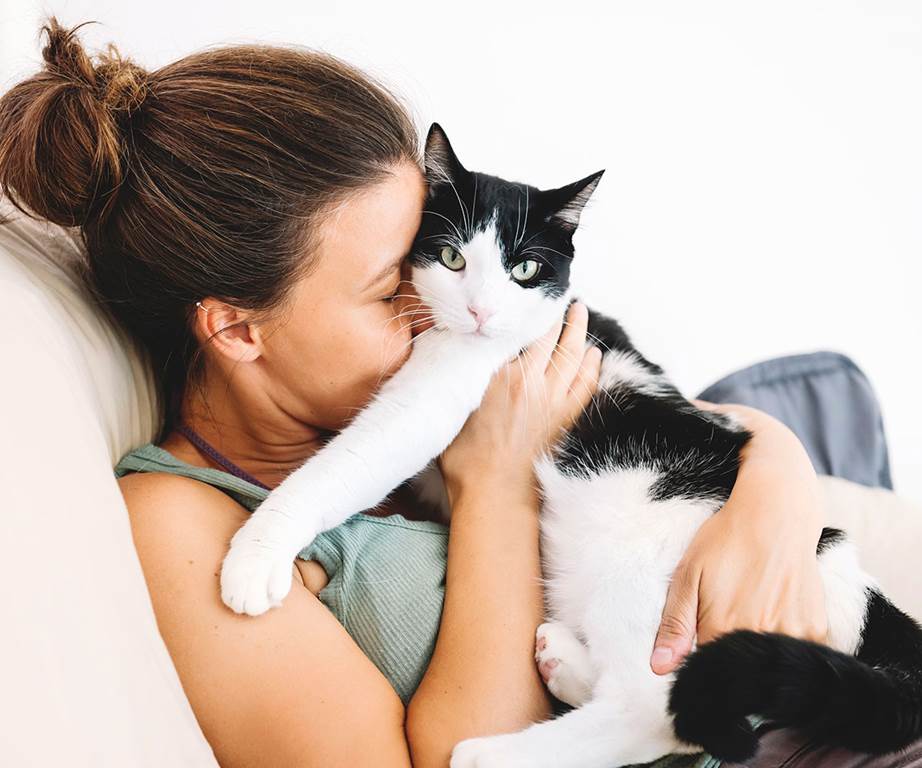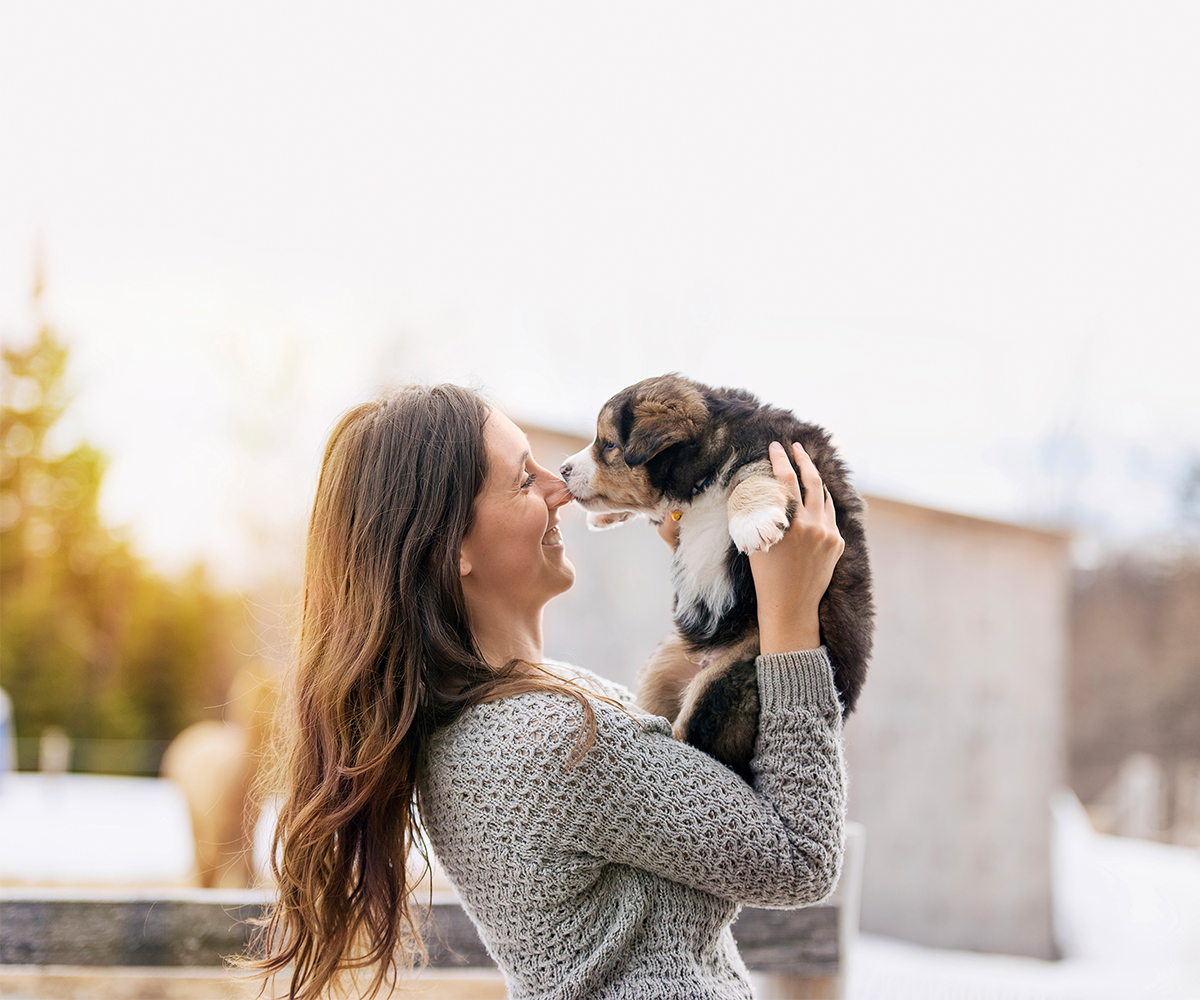Adding a pet to your family can be an incredibly rewarding experience but though it’s tempting to head to the pet shop or seek out a breeder, hundreds of unwanted animals across the country are waiting at pet rescue organisations for new homes.
“Rescue animals make wonderful pets,” says vet Dr Magdoline Awad. “Many animals have been the subject of cruelty, so it’s lovely to think you have saved them.”

Find the right shelter
From council-run pounds to national organisations like the SPCA, there are a variety of adoption shelters around.
“Look for a shelter that has friendly, knowledgeable staff who know the animals’ personalities and what kind of home and lifestyle they would suit,” says vet Dr Christine Cole.
“It’s good to do a bit of research before visiting a shelter. Find out if the shelter vaccinates its animals, if it does temperament assessments, if it has a programme that ensures interaction and enrichment for the animals in its care and if pets are desexed.”
If you’re after a particular breed, there are specialist organisations dedicated to rehoming some pedigrees, such as the greyhound group Greyhounds as Pets.

Take the time to find your perfect match
It’s important to research what type of animal is suitable for you before heading to the shelter because in the heat of the moment, emotions can override sensible decisions.
Think about your lifestyle and how much time you can feasibly spend each day on grooming and exercise.
Don’t adopt an active pooch if you can’t take it for long walks, or a long-haired cat if you don’t have time to brush it every day.
“Don’t forget to consider the breed’s traits,” adds Dr Cole.
“For example, be mindful of the health problems that are common in purebreds, such as joint issues in larger breeds and heart conditions in cavaliers.”

Consider adopting an older animal
Everyone loves the charm of a playful puppy or a cuddly kitten, but they can be a lot of work.
It can be like raising a child – you’ll find yourself having to toilet-train them, run around after them and stop them from putting everything in their mouths.
So why not consider adopting an older pet?
They might not be as exciting as their younger counterparts, but they’re just as lovable and, in most cases, they’re easier to look after.
“Senior pets – aged nine years and older – are ideal for people looking for low-maintenance companions,” says Dr Cole.
“They usually adapt well to suburban and inner-city living and they are probably the most rewarding to adopt as you can really see how grateful they are for a warm bed,a few cuddles and a bit of attention.”

Don’t forget your new pets past
Choosing a pet from a shelter means you need to be mindful of the life they lived before you came along.
Many cats and dogs living in rescue homes were abandoned by their owners – leaving the shelter staff with little to no information on their history – so it’s essential to be patient with your new animal.
“If a pet has had a bad past, you need to be understanding,” says Karen Riddell, an animal rehabilitation expert.
“If they haven’t had a chance to learn basic manners because they’ve been locked up in somebody’s backyard on their own for the past 12 months, letting them loose straight
away in your home and expecting them to be well behaved is unrealistic.”
Work with your new friend. Communicate clearly, don’t yell, and be sure to reinforce good behaviour with treats like a tasty bone or a cuddle.


